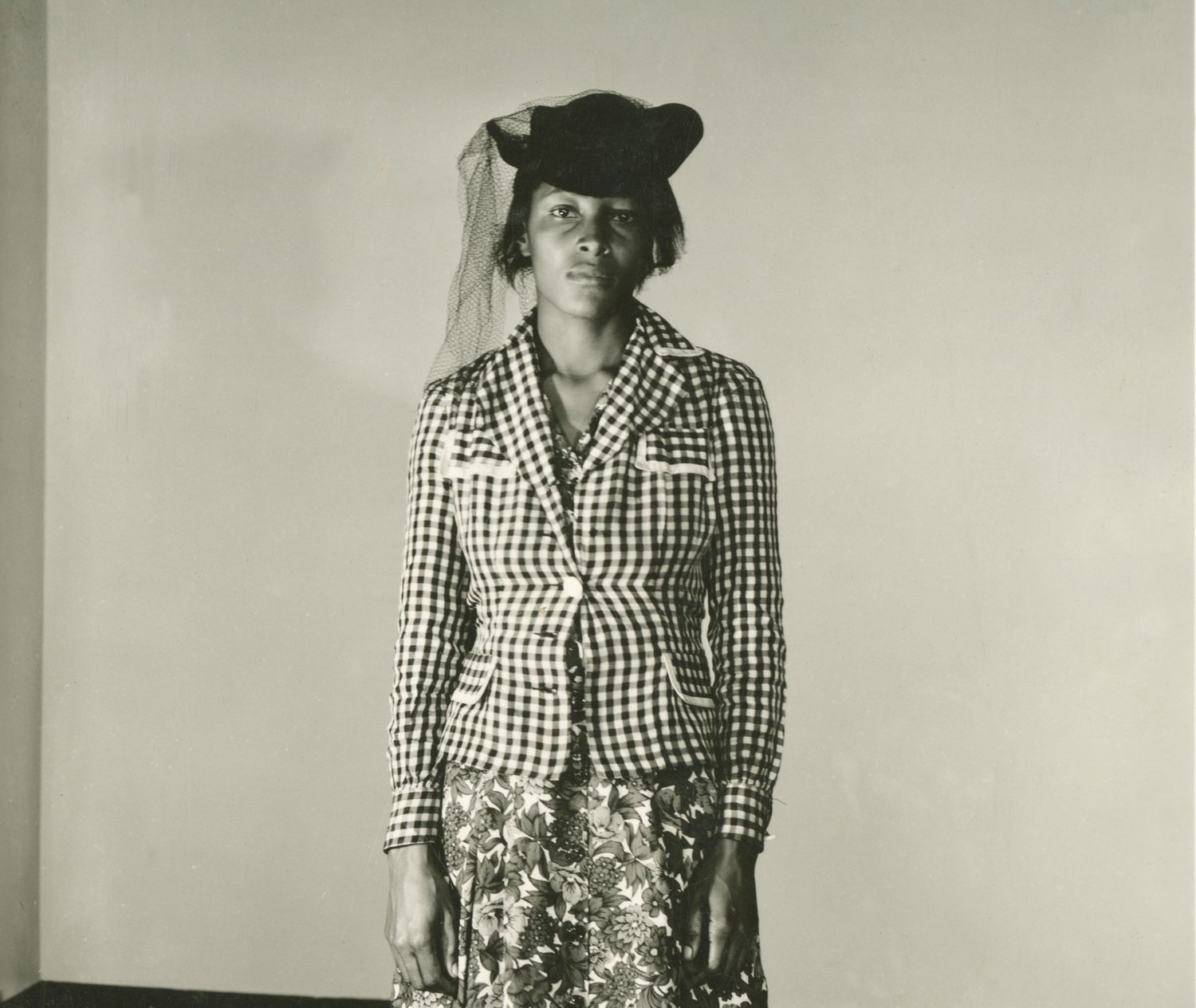Sunday, 3 June 2018
Fightbacks: "The Rape of Recy Taylor"
It is an uncompromising title - The Rape of Recy Taylor - and a generally dolorous episode: the story of a 24-year-old African-American wife and mother (given name pronounced "Reece-y") who, while returning home from church in rural Alabama one night in September 1944, was kidnapped, raped and mutilated by a carful of white boys who'd been circling the area. Nancy Buirski's documentary account leaves us in little doubt as to the stigma and shame that were attached to the victims of these crimes. Alma Daniels, one of the two Taylor siblings called upon to talk newcomers through these events, recalls seeing her father cradling a shotgun on the porch that night ("We thought they were going to kill her"), and the response of local law enforcement besides: Abbeville's jovial sheriff advised the family not to talk about Recy's ordeal once she was returned to them. What's unusual, and what makes Buirski's film a rather more buoying experience than it might at first seem, is that the family did talk - and to no less a figure than Rosa Parks, discovered here a decade before the Montgomery Bus Boycott, in her role as investigator for the NAACP.
As Crystal Feimster, the Yale professor whose research and insight helps shape the narrative, phrases it: "[Rosa] didn't come out of nowhere". There is a sense that via this one story, which might also be approached as what we now call an origin story, Buirski is attempting to connect some of the more disconsolate dots of black history, and thereby construct a continuum between America in 1944, the America of the Civil Rights era, and America as it is today. One set of connectors would be the Taylors themselves. This is a story of black bodies, and where those bodies fit - where they've been allowed to fit - into the landscape of a post-slavery South, a story about the way those bodies became a site of fascination for Caucasians who were doing everything they could to regulate African-American movements. Yet, more stirringly, it's also the story of how one young woman's trauma came to be weaponised - how Recy Taylor's battered and bruised body became a totem pole around which a community rallied.
Buirski very eloquently describes how Recy's cause came to be taken up by Parks and the NAACP and translated into damning headlines - first in the so-called black press, then in the mainstream media outlets of 1944 - which heaped pressure on the establishment to re-examine this case. After a commendably sensitive first act, the film gains a sudden momentum while describing this movement - partly, as you realise, because Buirski is describing the beginnings of a process by which black citizens realised (if they hadn't already) that they didn't have to take such oppression lying down, and that they had as great a right as anybody to give public voice to their concerns and complaints. There is an instructive dignity about Robert Corbitt, Recy's brother, and a man who, having carried this atrocity around with him all his life, now gets to put his lived experience, calmly and persuasively, on the record.
We're left in little doubt about what this family found themselves up against, whether that be the overwhelming whiteness of the grand juries assembled to hear this case, or the fact Recy's assailants hailed from well-connected families (and would go on to be hailed as war heroes). Buirski's intelligent use of clips from "race movies" - those early motion pictures geared towards chronicling the black experience - helps to illustrate that which cannot be shown or seen, or which might not be fathomable in the 21st century: as the author Danielle McGuire suggests, this may be a chapter in a bigger story about movement, and the ability of African-Americans to pass through public spaces unmolested. Yet the documentary retains a tight, careful focus: Buirski takes a small, sorry truth about the realities of life in the American South, relays the bare narrative bones with skill, and imbues the whole with the understated power of a light in the dark. Her film is both an index of what's been overcome, and a lesson in overcoming, whatever obstacles may remain between society and full social justice.
The Rape of Recy Taylor is now playing in selected cinemas.
Subscribe to:
Post Comments (Atom)

No comments:
Post a Comment